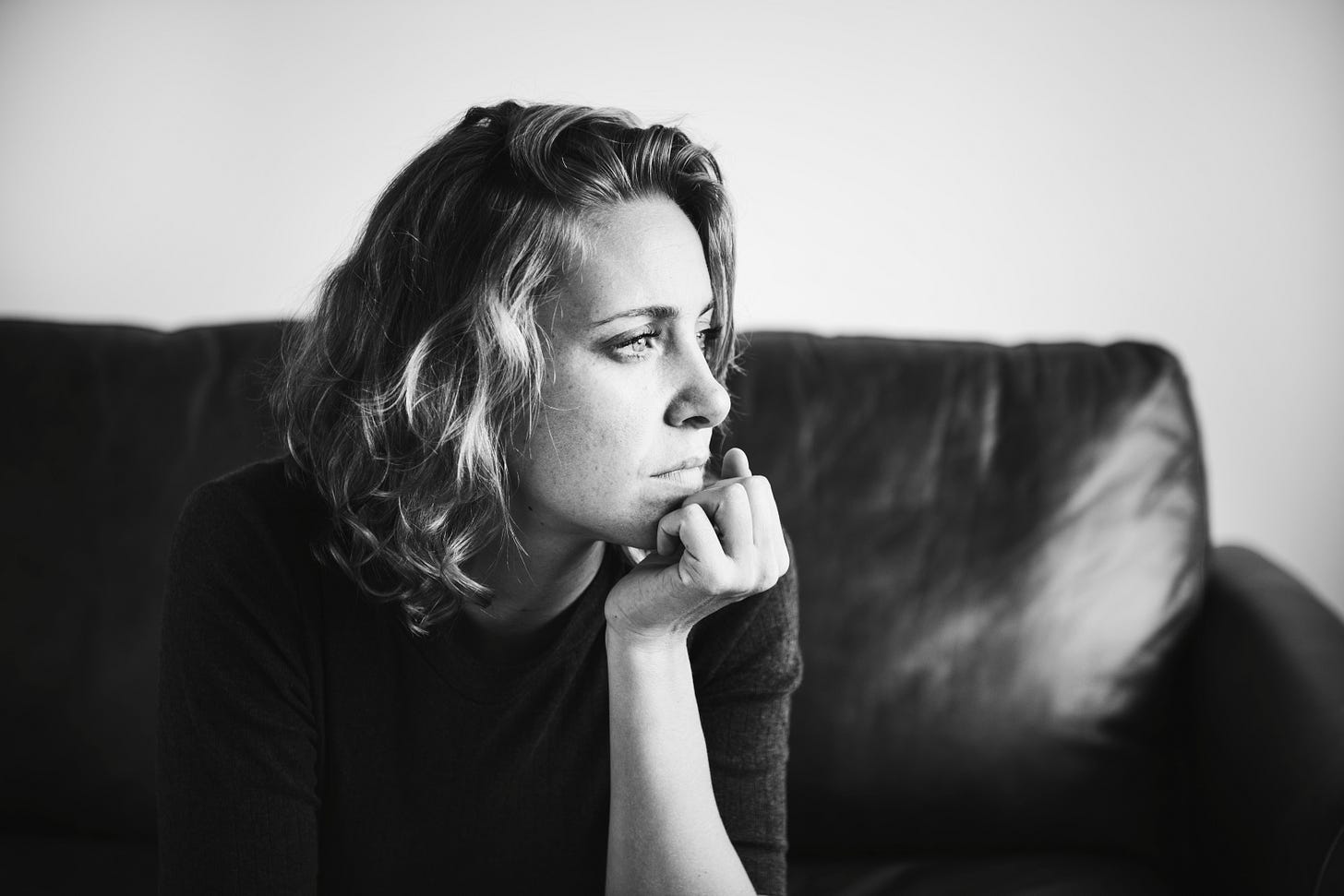[Blog] Ep 62. Mental Health of Indian Moms: Spotting PPD, PPA & Getting Support
ft. Siddhida Kabara, Psychologist and CEO of DhairyaDa Centre for Psychological Well Being
Introduction
Postpartum is often painted as a rosy picture filled with cuddles, coos, and camera-ready smiles. But for many Indian moms, reality feels messier — sleepless nights, tears, anxiety, and even anger.
Bollywood and Instagram have romanticized new motherhood, often leaving women shocked when their own experience feels far from the ideal.
In this episode of The Modern Indian Parent Podcast, host Rinie Gupta speaks with Siddhida Kabara, an award-winning psychologist and maternal mental health expert, about postpartum mental health — from baby blues to postpartum depression (PPD) and postpartum anxiety (PPA). They discuss the causes, warning signs, and practical coping strategies for moms and their families.
Most Common Mental Health Problems Indian Moms Face
Siddhida explains that one of the biggest emotional hurdles for new mothers is mourning their old identity while figuring out who they are in this new role. It’s not just about adding “mother” to your identity — it’s about reconciling your past self with the version of you who now carries the responsibility of a child.
In India, this transition is layered with cultural and family dynamics. During pregnancy, a woman is often pampered and treated like the center of the household. But once the baby arrives, attention shifts entirely to the newborn. The mother’s physical recovery may get some acknowledgment, but her mental well-being is rarely discussed.
This invisibility, combined with sleep deprivation, self-esteem issues, body image concerns, and a lack of personal time, can trigger emotional distress.
Siddhida points out that these challenges are not just “in the head” — they are a natural consequence of biological changes, social expectations, and the immense physical and emotional load that comes with motherhood.
Physiological and Social Causes of Baby Blues, PPD, and PPA
Hormonal changes play a huge role. After birth, there’s a sudden crash in pregnancy hormones, leaving moms more emotionally vulnerable. Even breastfeeding, while beneficial, takes a physical toll on the body.
From a social perspective, unsolicited advice and criticism can worsen stress. Relatives may question a mom’s feeding choices or parenting style, undermining her confidence.
Siddhida advises setting boundaries early, ideally with the father stepping in to manage his side of the family, so that the mother isn’t labeled as “difficult” or “ungrateful.”
Difference Between Baby Blues and Postpartum Anxiety/Depression
Baby Blues: Emotional ups and downs in the first two weeks after birth, caused by hormonal shifts. Moms are still functional and aware of their feelings.
PPD/PPA: If symptoms last beyond two to three weeks and interfere with daily functioning such as persistent sadness, numbness, crying spells, or constant worry, it’s time to seek help.
Key difference: Baby blues pass with time; PPD/PPA needs intervention.
Siddhida suggests viewing therapy like other postpartum care. Just as you’d see a lactation consultant or nutritionist, having a mental health professional ready can prevent crises.
Warning Signs Dads Can Look For to Spot Serious Postpartum Mental Health Issues
Fathers and family members can help spot problems early. Red flags include:
Over-controlling behavior about baby care.
Withdrawal and refusing to talk about feelings.
Visible loneliness or feeling misunderstood.
If the mom isn’t opening up despite a supportive environment, it may be time to encourage professional help.
Rinie’s Struggle with Postpartum Mental Health and Mom Rage
Rinie shares her own struggle with intrusive thoughts, constant checking on my baby’s breathing, and anger when things didn’t go “perfectly.”
Siddhida explained that mom rage is often misdirected as the frustration is with the situation, not the baby. Recognizing this difference helps reduce guilt and prompts seeking coping strategies before it escalates. This awareness, Siddhida notes, is the first step toward finding healthier coping mechanisms and reducing guilt.
How to Get Help for PPD/PPA
The first step is to find the right therapist — someone you connect with and trust. This can take time, so Siddhida advises starting the search during pregnancy, not in the middle of a crisis.
If you don’t know where to begin, ask trusted friends or other parents for recommendations.
How Therapy Can Help with PPD/PPA
Siddhida explains that therapy offers a safe, confidential, and non-judgmental space for mothers to share thoughts and emotions they may hesitate to voice elsewhere. It helps them process difficult feelings, understand their triggers, and develop personalized coping strategies.
She compares it to having a skilled barista make coffee for you. Even if you know how to make it yourself, having someone experienced prepare it during a challenging time can be a relief. In the same way, therapy provides a structured, supportive environment when a mother may not have the mental energy to manage her struggles alone.
Alternate Strategies to Cope with PPD/PPA
Siddhida suggests:
Creating “me-time” moments — even five minutes with tea on the balcony can help.
Journaling or audio venting — record thoughts on your phone if writing feels too much.
Deep breathing to calm an overstimulated nervous system.
Reframing in the heat of the moment — asking, “Am I angry at my baby or at the situation?”
Practicing self-regulation before re-engaging with the baby.
She also reassures parents: crying is a baby’s language, not always a sign something’s wrong. A few minutes apart to calm yourself benefits both mom and baby.
Conclusion
Postpartum mental health is as important as physical recovery, yet it’s often neglected in Indian households. By understanding the difference between baby blues and more serious conditions like PPD and PPA, families can act early to support moms.
Whether it’s therapy, self-care routines, or simply having an empathetic listener, support systems can transform the postpartum experience from a lonely struggle to a manageable , even empowering, journey.
If you or someone you know is going through postpartum mental health challenges, reach out to professionals like Siddhida Kabara and her team. The right help at the right time can make all the difference.




